7 B2B Customer Service Examples
We go over 7 examples of effective customer service from B2B customers, including their challenges, solutions, & results.
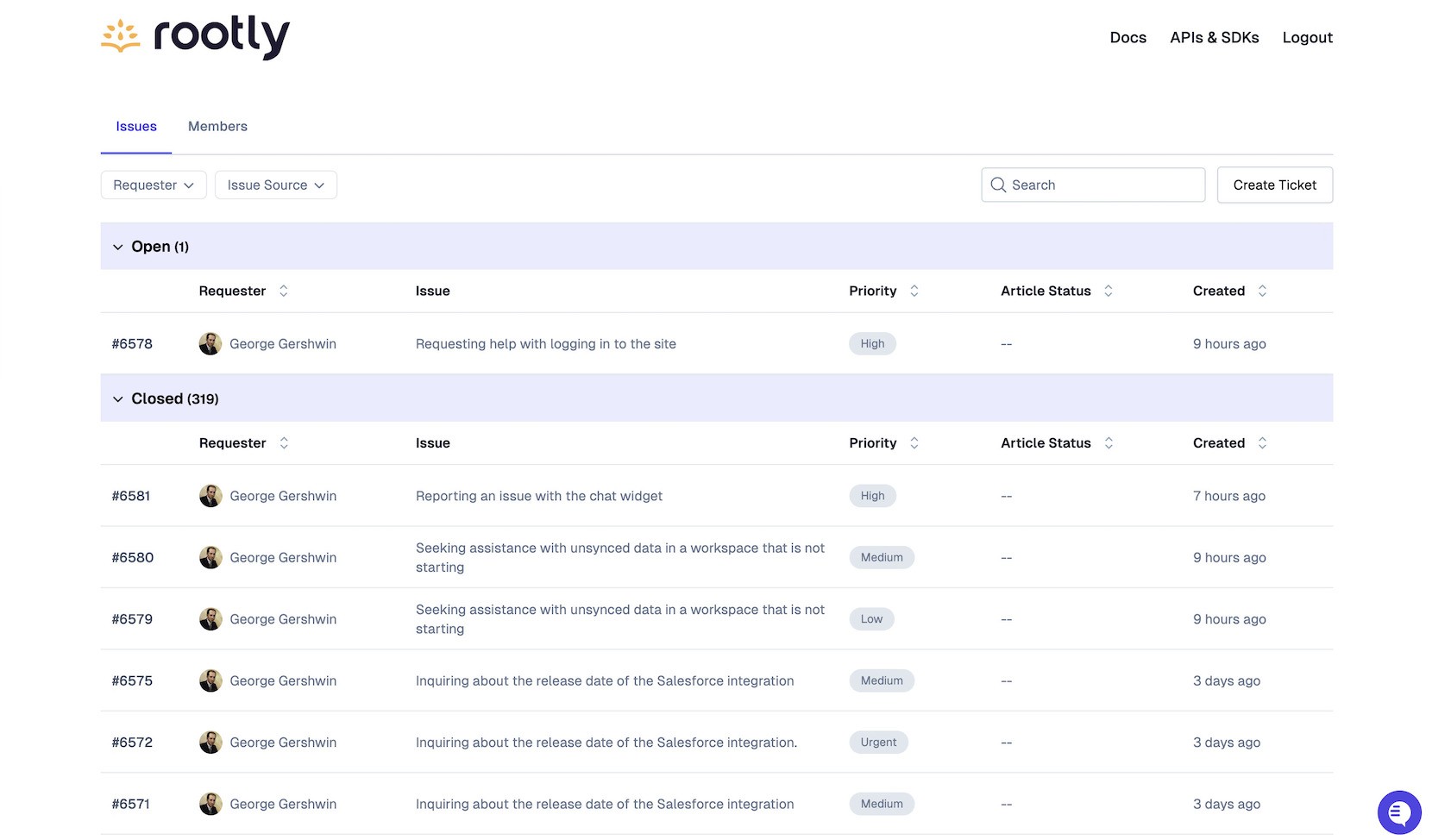
B2B customer service is a key part of customer retention. The challenge most brands face? Delivering great support requires doing more than just solving problems.
Instead, your focus must be split between multiple goals: problem-solving, building long-term relationships, improving customer satisfaction, and communicating seamlessly between platforms.
Delivering great customer service means understanding the different pieces of the puzzle. Without that view, it’s impossible to see how these elements come together, support each other (and your customers), and create an experience that your customers and clients are happy to repeat.
Strong B2B customer service helps you retain clients, drive growth, and stand out in competitive markets. It can make or break customer relationships and even become the cornerstone of your brand’s reputation.
Getting it right is a tall order. That’s particularly true if you’re not sure what outstanding customer service looks like in the first place. If you’re looking for inspiration, check out these B2B customer service examples of companies that are doing it right.
B2B Customer Service Examples
When it comes to customer service, some companies struggle, while others manage to knock it out of the park. Let’s take a look at a few:
1) Vellum unifies support across Slack Connect and in-app chat

Vellum, a company that provides workflow automation solutions, faced the challenge of managing support requests from multiple channels while maintaining a high level of service quality.
Their customers relied heavily on Slack Connect and in-app chat for real-time support, but fragmented communication led to inefficiencies and delayed responses.
By leveraging Pylon’s support system, Vellum unified its customer support processes, making sure all interactions, whether initiated via Slack or in-app chat, are centralized in a single interface.
This conversational ticketing system allowed their support team to respond more quickly, track ongoing issues, and provide consistent assistance across all channels.
As a result, Vellum improved response times, reduced duplicated support efforts, and enhanced the overall customer experience.
Seamlessly integrating Slack and chat support also helped build stronger relationships with customers, making interactions more efficient and reducing frustration.
2) How Rootly provides premium support at scale
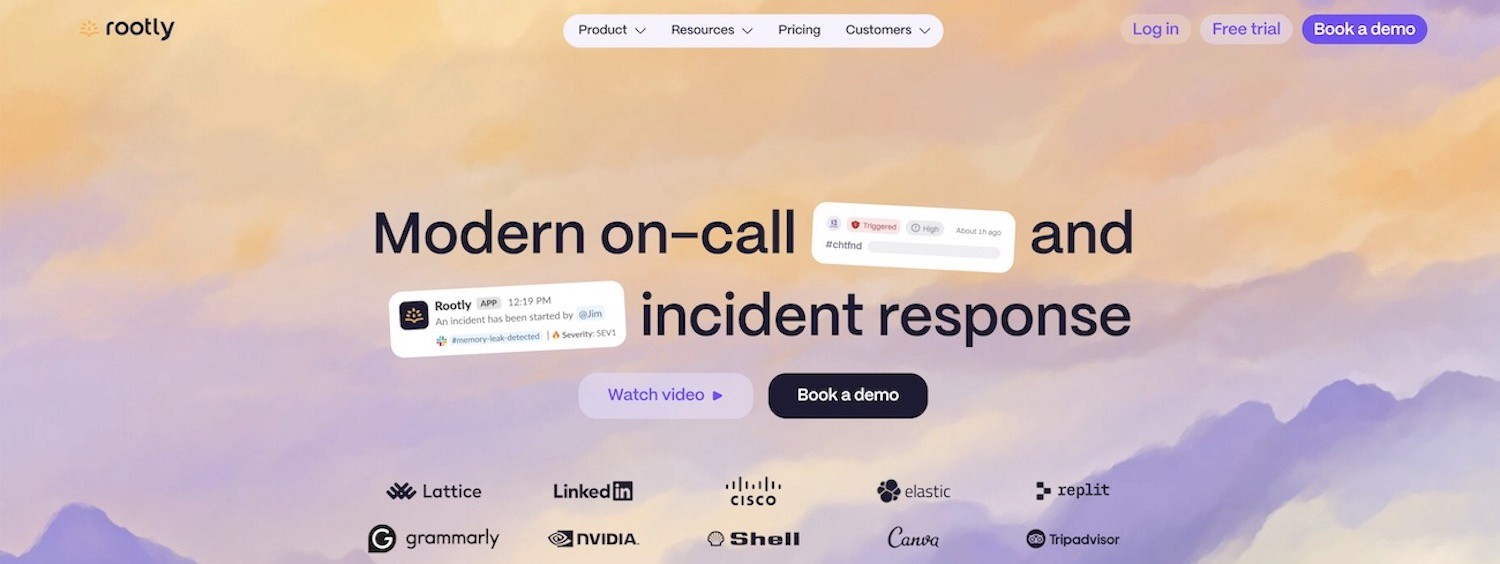
Rootly, an incident management platform, needed to scale its customer support operations while maintaining high service quality.
As the company grew, it faced increasing customer demands, making it important to implement a system that could efficiently handle a high volume of customer questions.
By integrating Pylon’s platform, Rootly streamlined communication channels, ensuring that every customer inquiry was categorized and prioritized efficiently.
With structured workflows, automated ticketing, and real-time notifications, Rootly’s support team could quickly identify urgent issues and respond proactively.
Additionally, Rootly used Pylon’s analytics to gain deeper insights into common customer concerns, allowing them to optimize their support processes, proactively address recurring issues, and create a SaaS knowledge base through Pylon.
This approach resulted in improved customer satisfaction, faster resolution times, and a more scalable support infrastructure that could grow alongside the company.
3) How OneSchema scales Slack and Microsoft Teams support
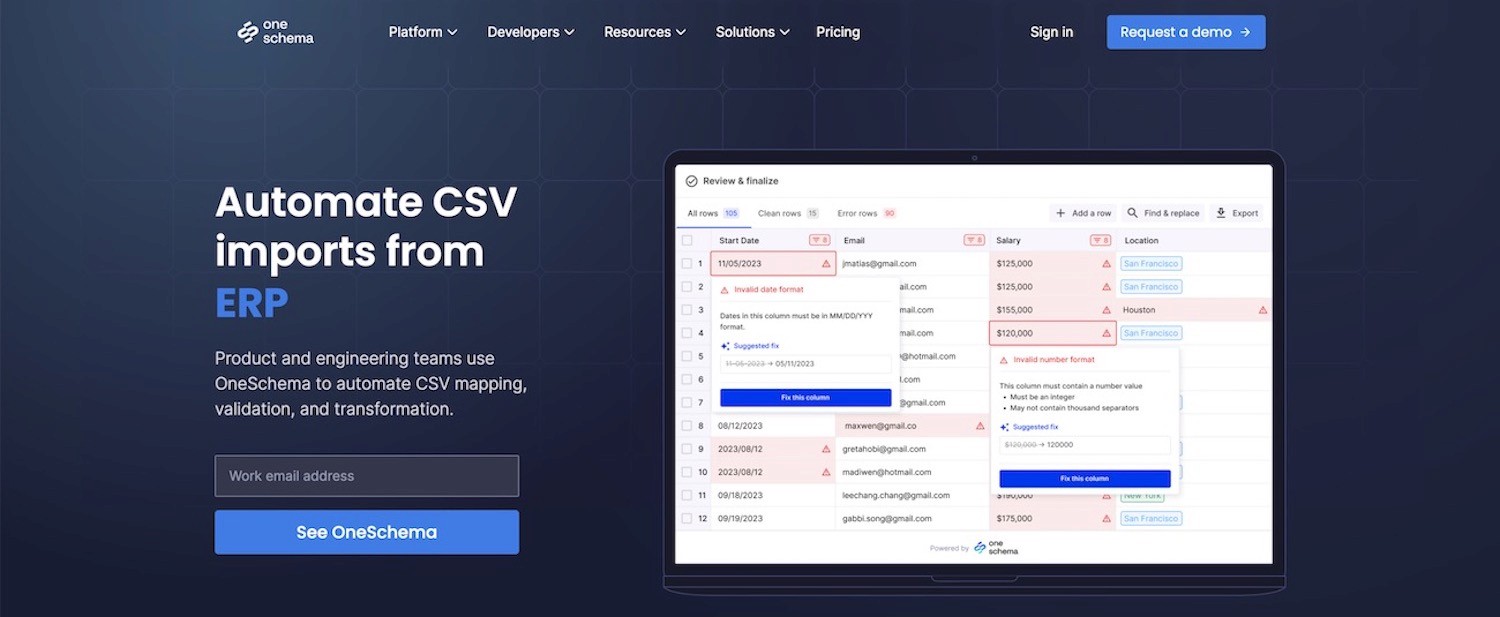
OneSchema, a company specializing in data import software, found that many of its customers preferred using Slack and Microsoft Teams for real-time support.
However, managing customer interactions across multiple platforms created serious challenges for their support team. Messages often got lost, making tracking and resolving customer issues difficult.
To address this, OneSchema adopted Pylon’s integrated support platform, which allowed them to consolidate Slack and Microsoft Teams conversations into a unified dashboard.
With Pylon’s system in place, support agents could seamlessly switch between platforms, access customer history, and manage tickets more effectively.
This approach enabled OneSchema to provide timely and accurate responses while minimizing the risk of missing critical customer questions.
On top of this, the ability to analyze conversation data helped the company refine its support strategy, making the customer service experience smoother.
4) How Hightouch scaled to over 300 customer Slack channels
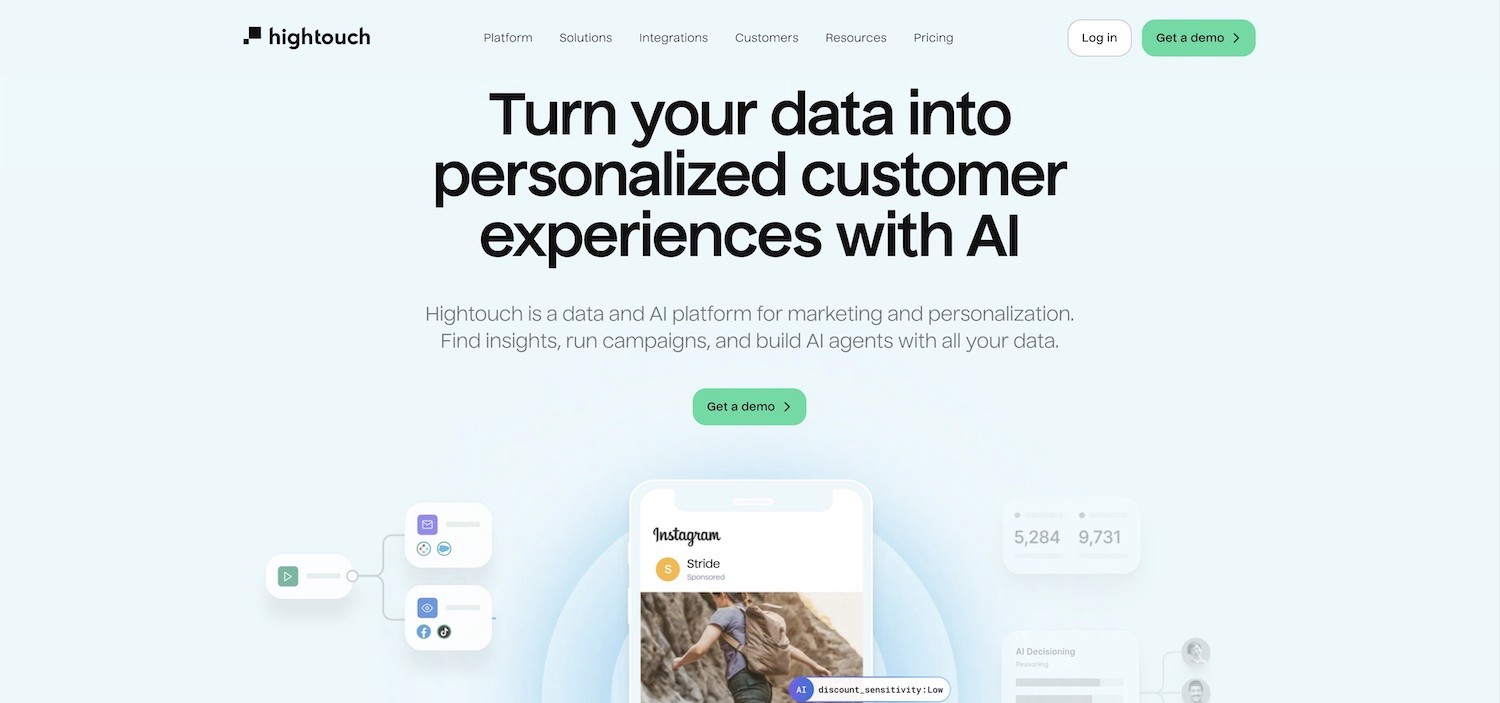
Hightouch, a leader in data activation, faced a unique challenge: managing customer support across more than 300 Slack channels.
With so many customer interactions, it became challenging to keep track of questions and problems, respond in a timely manner, and deliver consistent service.
By implementing Pylon’s platform, Hightouch centralized support requests from all 300+ Slack channels into a single, manageable interface. Automated responses and tagging features helped their support team prioritize questions, ensuring that urgent issues were addressed first.
Pylon’s analytics tools let Hightouch identify common customer problems, helping them proactively handle customer pain points. This approach improved customer satisfaction and reduced the workload on individual support agents so they could focus on high-priority cases and complex technical issues.
5) Lightdash unified support across Slack Connect, community email, and chat
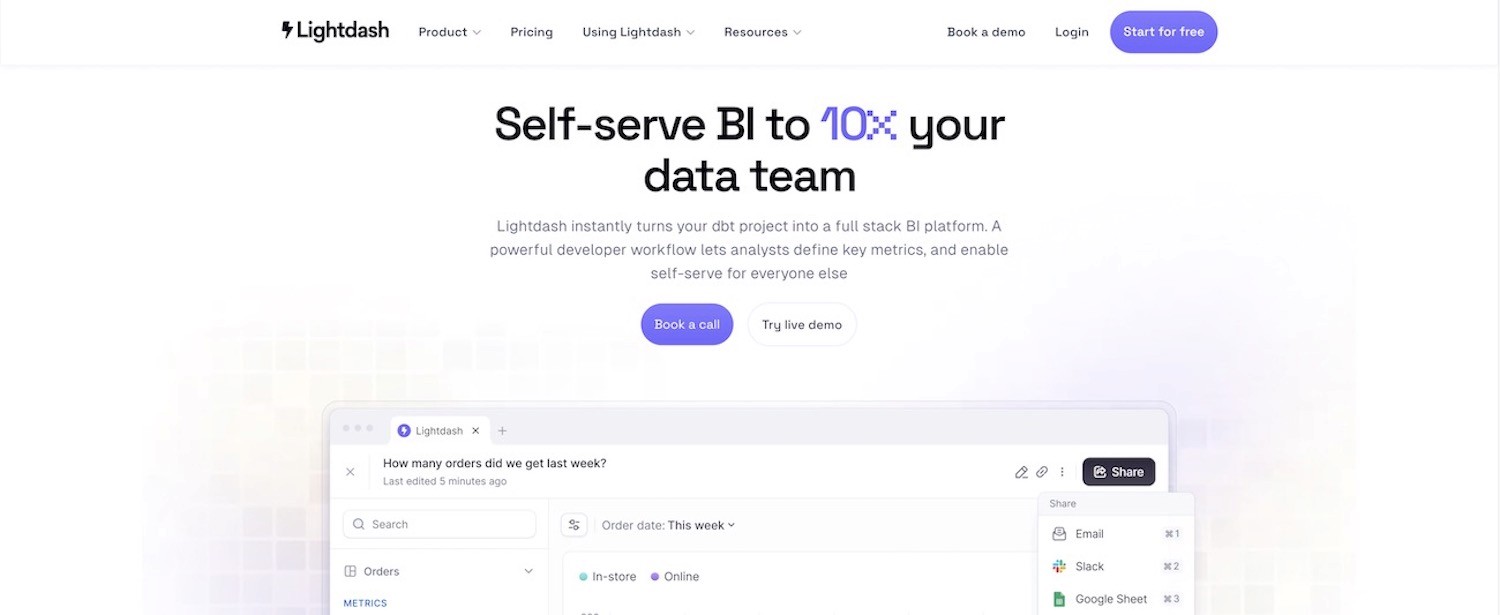
Lightdash, an open-source business intelligence platform, needed a way to unify customer support across multiple communication channels.
Their customers used Slack Connect, community emails, and in-app chat, but handling requests across these platforms separately reduced efficiency and consistency.
With Pylon’s solution, Lightdash integrated all three support channels into a single system. This allowed support agents to access customer questions from any platform within a unified dashboard, ensuring that no request was overlooked.
The omnichannel support approach improved response times and customer engagement while reducing the workload on their support team.
By tracking and analyzing support interactions, Lightdash identified what needed to be improved, leading to enhanced service quality and increased customer loyalty.
6) Ntropy improves response accuracy and time with an integrated B2B support platform
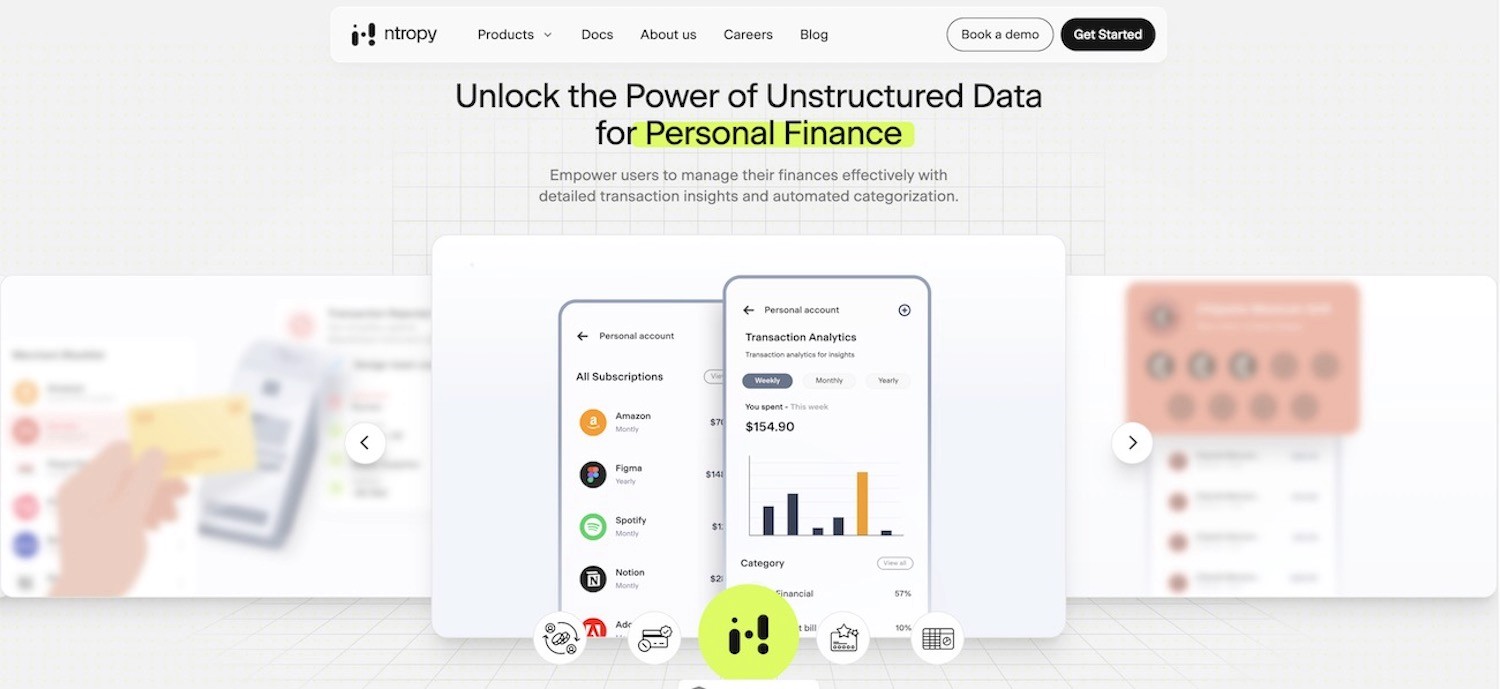
Ntropy, a financial data platform, needed a robust support system to manage questions efficiently across different channels.
With increasing customer demand, it became clear that traditional email support was no longer sufficient to handle the volume and complexity of incoming requests.
By adopting Pylon, Ntropy consolidated support operations, automated workflows, and streamlined ticket management. Support agents could quickly categorize questions, access historical data, and respond more efficiently.
The structured approach provided by Pylon’s platform allowed Ntropy to improve response accuracy and reduce resolution times. As a result, customers received faster, more personalized support, strengthening their trust in the company’s services.
7) Material Security adopts centralized support to refine customer support processes
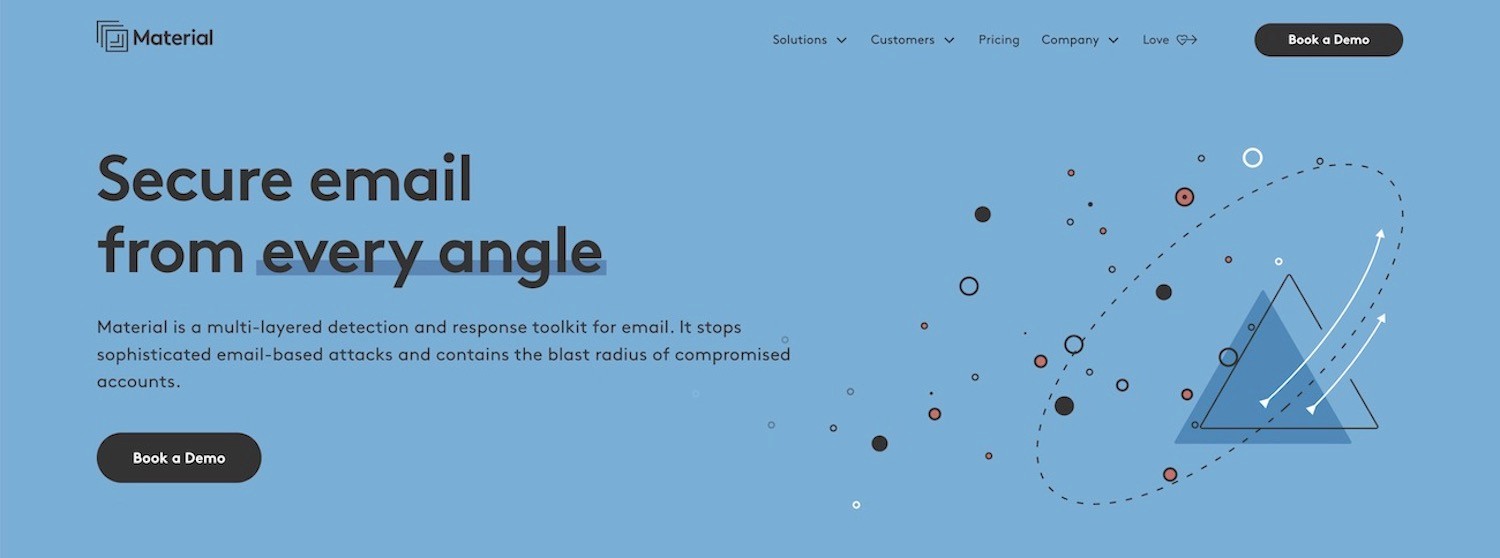
Material Security, a cybersecurity company, implemented Pylon’s platform to enhance its B2B customer support experience.
Prior to using Pylon, the company faced challenges in managing customer communications across different channels, leading to delays and inconsistencies in responses.
With Pylon’s centralized support system, Material Security streamlined customer questions, tracking and addressing every request in a timely manner. The platform’s automation capabilities reduced agents' manual workload so they could focus on more challenging or complex problems.
Additionally, the insights provided by Pylon’s analytics helped Material Security refine its support processes and proactively address common security concerns.
The improved efficiency and responsiveness contributed to higher customer satisfaction and long-term client retention.
Why Helpful B2B Customer Service is Essential
If you’re working with other companies, it’s essential to have efficient and effective customer support. Just take a look at what the data says:
- 68% of customers will happily pay MORE to work with a brand that delivers great customer service experiences.
- 86% of customers will become advocates if given a great customer support experience.
- 93% of customers will buy again if a company delivers excellent customer service.
Your customer support not only determines customers’ happiness, but it also influences your business’s bottom line. If your customers are happy, they are much less likely to churn.
If you deliver truly exceptional customer support, they may even recommend you to friends and other business leaders they know who are looking for the same solutions.
Tips for Setting Up Effective B2B Customer Service
Great customer service doesn’t mean offering cookie-cutter services or solutions. Instead, it means understanding what your clients need and expect and consistently going above and beyond.
Not sure what that might look like in practice? The following tips will help make your B2B customer service more effective:
1) Set up effective onboarding
The tone for the entire customer relationship is set at the very beginning. A smooth onboarding process ensures that customers can use your product with minimal friction. It’s really nothing more than giving them what they’ll need to hit the ground running.
That includes providing clear documentation, detailed walkthroughs, and dedicated support during the initial stages, which can prevent common disconnects and reduce churn.
This is often the most chaotic part of the relationship—your customers are just learning the ropes and getting to know you. Make sure your onboarding process is designed to remove ambiguity from the situation.
2) Consider using a B2B customer support platform
One of the most common mistakes businesses make is thinking they can handle their customer support with basic tools.
If you’re assuming that standard phone and email support will be enough, chances are good that not only are you mistaken but that your customers will abandon ship when they realize you can’t be there for them in the ways they need you.
B2B support platforms help companies manage customer interactions efficiently by adding multiple communication channels, automating ticketing systems, and providing real-time insights.
Pylon’s platform, for example, allows businesses to streamline customer support across Slack, email, in-app chat, and more, ensuring that no query goes unanswered.
3) Offer omnichannel support
Why should you invest in omnichannel support tools? Customers expect seamless support across various platforms, including email, Slack, Teams, live chat, and social media.
74% of businesses say they did so to meet customer expectations, and 65% say it was to deliver consistent customer service.
An omnichannel approach allows businesses to meet customers where they are, providing convenience and a consistent experience. It's more than just forwarding emails to Slack; it's about supporting customers where they prefer to give them the best user experience.
4) Work with other teams in your company when necessary
Silos are where data goes to die. Unfortunately, many B2B suppliers still operate in that antiquated format, with every team on its own island. The problem is that when data flows into the company and then pools in silos, it stagnates, and so does the business.
Effective B2B customer service requires collaboration between support, sales, and product teams. You can’t afford for each team to operate 100% independently, and the truth is that they’re not. Every part of your business is interdependent on others.
Failing to realize that (and act accordingly) often means failing outright. Sharing customer insights across departments can lead to better product improvements and enhanced service delivery while boosting client satisfaction across the board.
5) Build a knowledge base so customers can self-support
Too often, businesses assume that customer service requires a client to interact with a customer service agent. While that’s an important part, many clients either don’t have the time to wait for a human rep or they would prefer not to.
That’s where self-support enters the picture:
- 83% of buyers prefer to manage their own orders and accounts.
- Almost 100% of B2B buyers want some form of self-service during the purchase and support process.
One solution here is a knowledge base. A well-structured knowledge base lets customers find answers to common questions without needing direct support.
That reduces the support team’s workload while empowering customers to troubleshoot their challenges independently.
Need some inspiration? See best practices for creating a B2B knowledge base or check out these B2B knowledge base examples.
6) Consider an automated support chatbot
AI is everywhere today and while some of those uses might be hyperbolic, many are truly useful.
Take chatbots as an example.
Companies use them in many ways, from answering questions in Facebook Messenger to handling the chat function on their websites.
AI-powered chatbots can handle routine questions, provide instant responses, and direct customers to relevant resources. It’s all about solving problems quickly while escalating sensitive problems to human reps.
Using a chatbot can enhance your CS team’s efficiency and free up human agents for more complex issues.
7) Gather feedback regularly
Continuously improving B2B customer service is impossible if you’re not monitoring and measuring what’s working and what’s not. That means collecting and analyzing customer feedback.
Gathering feedback through regular surveys and follow-up questions gives you direct access to customer opinions and experiences so you can make data-driven decisions.
By following these strategies and using tools like Pylon, businesses can create a B2B customer service system that supports long-term success and delivers the experience that today’s clients expect and deserve.
Setting Up Efficient & Effective B2B Customer Support is Essential
Strong B2B customer service is a prerequisite for business success. It’s central to the challenge of retaining clients, improving satisfaction, and scaling your operations effectively. And while challenging, it’s not impossible to deliver an outstanding customer experience.
By implementing best practices for B2B customer support, like effective onboarding, omnichannel support, and knowledge base development, you can create a seamless customer experience that fosters long-term relationships.
If you’re looking to optimize your B2B customer support, consider Pylon to streamline your processes and elevate your service quality.












